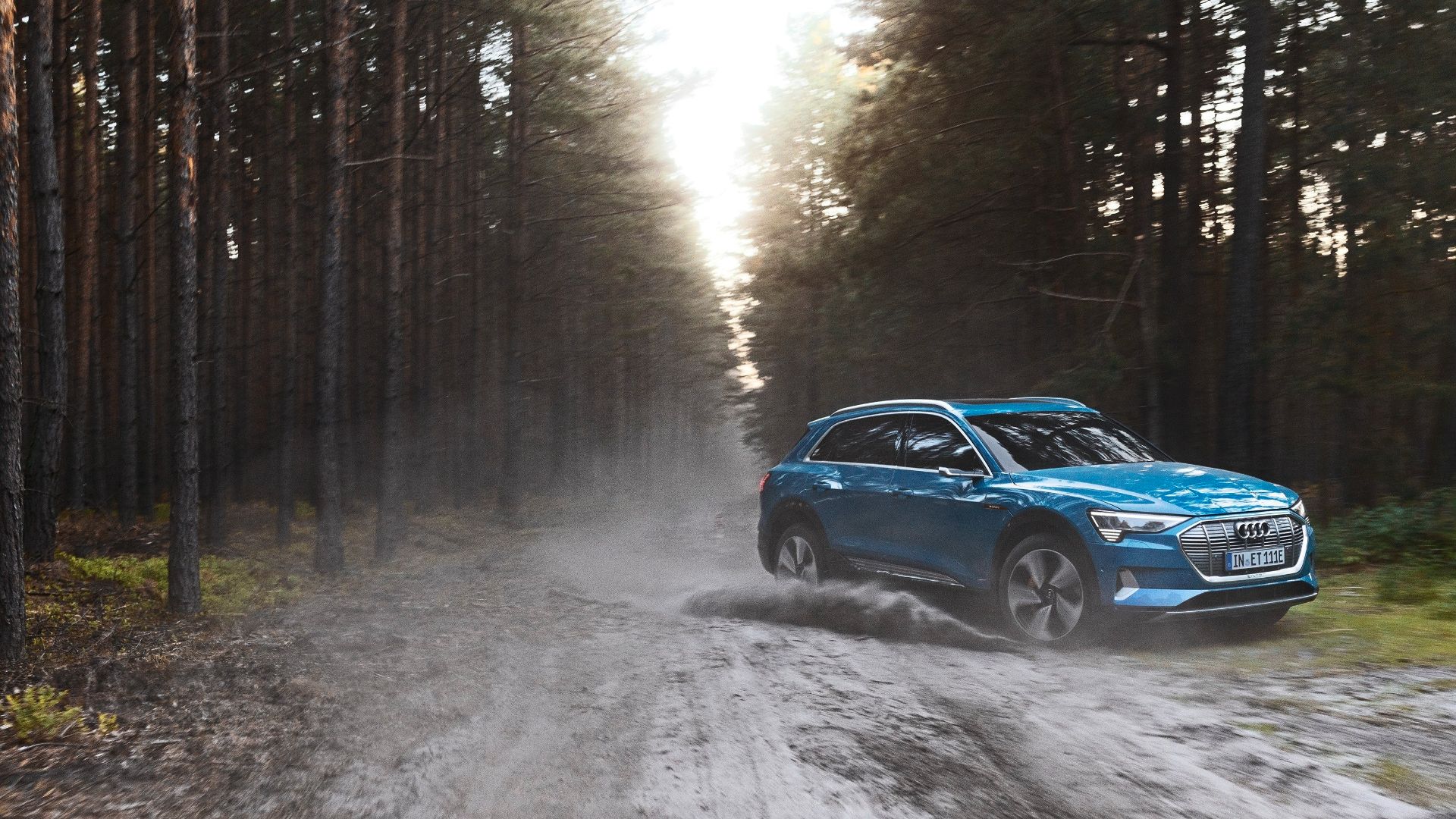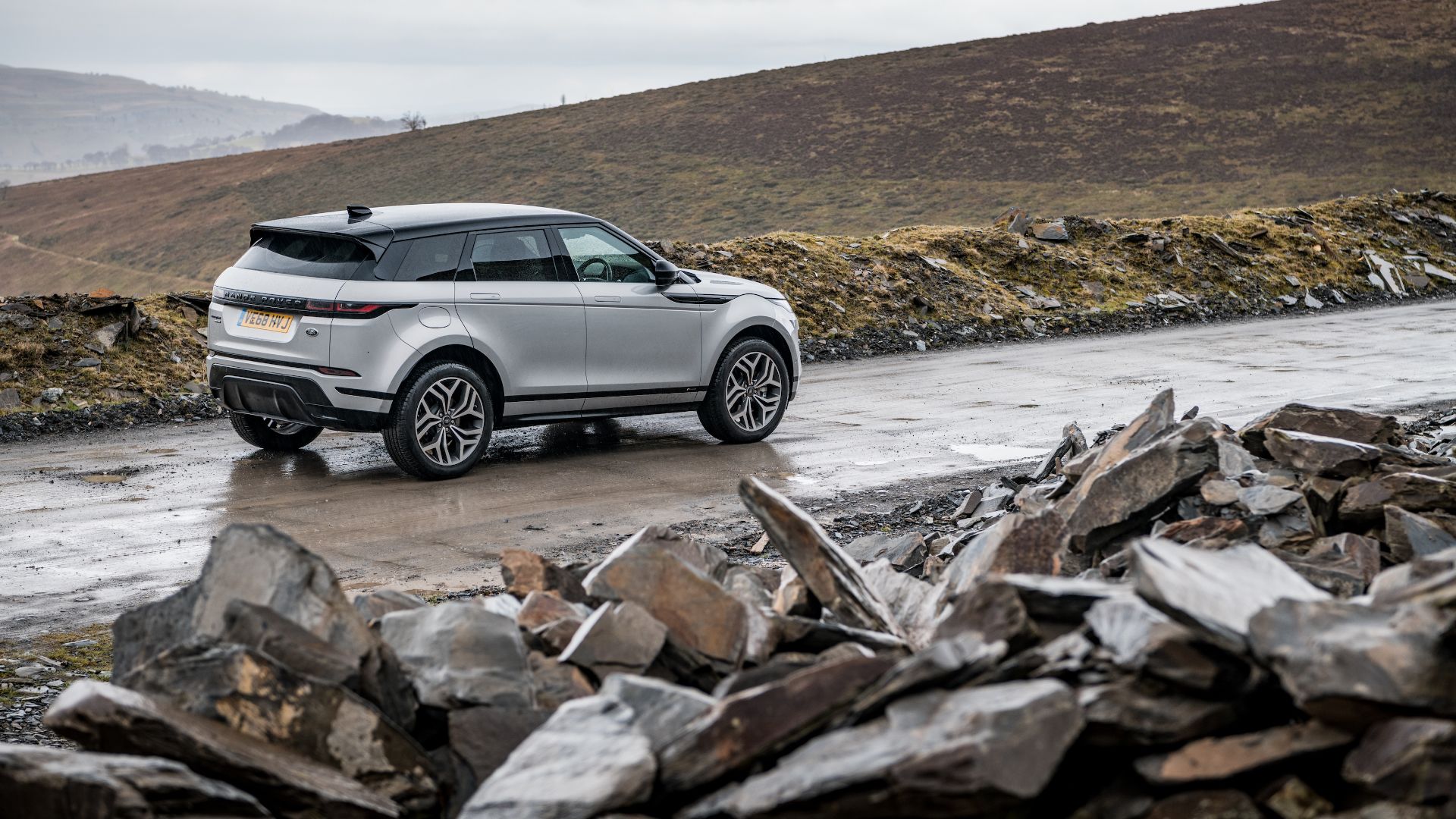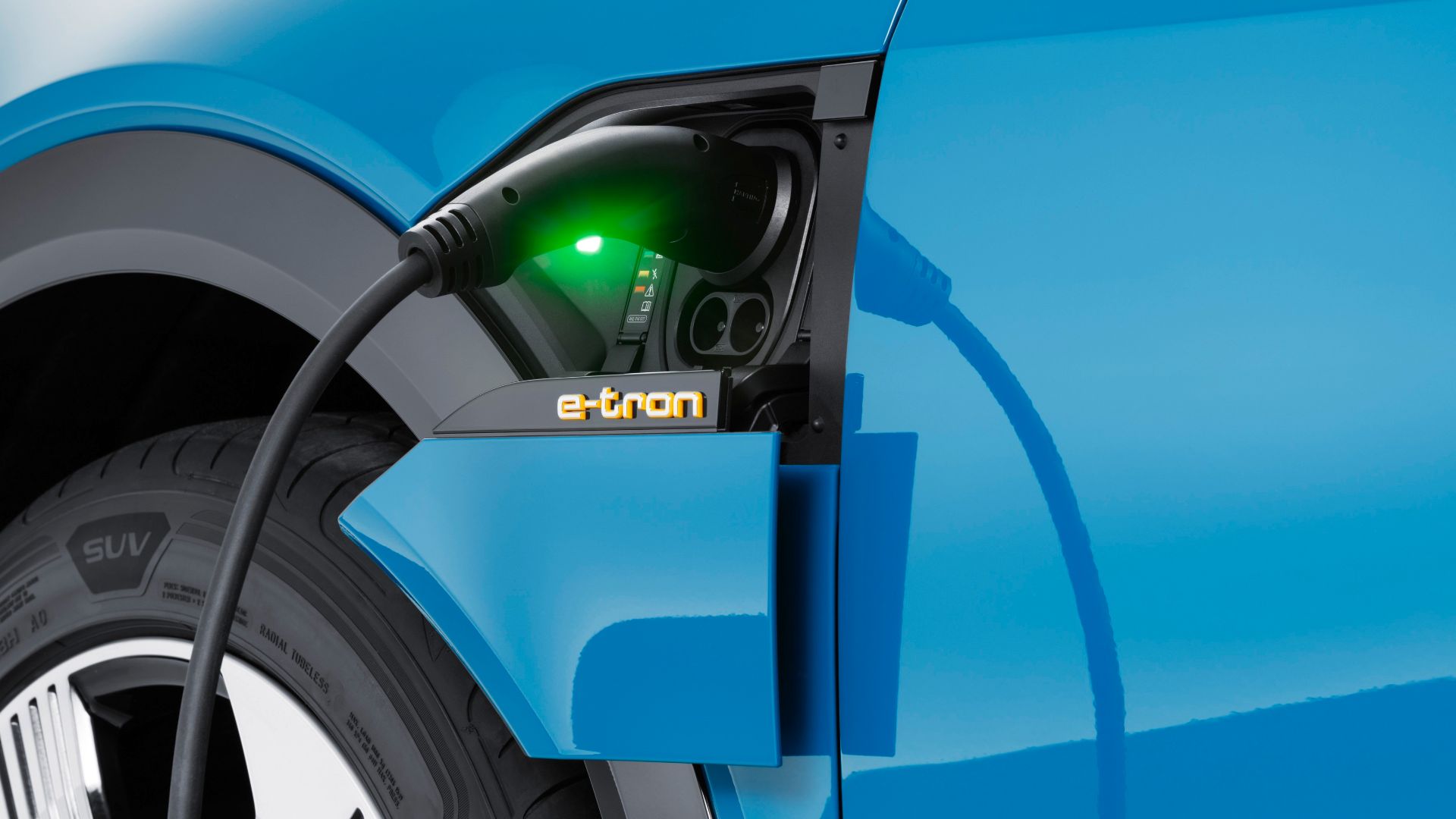
Electric car sales doubled in July versus the same month in 2018. There has also been a year-to-date sales increase of 98 percent, to 23,200 units.
Why the sudden rise in sales? JATO Dynamics, which collated the data, says new electric models introduced over the past 12 months have gained serious traction on forecourts.
The Tesla Model 3 has been available in the UK for a couple of months and has already set several EV sales records across Europe. Renault’s Zoe electric city car saw increased sales of 103 percent in July. The Audi E-Tron had its part to play, too, with 1,735 finding owners in July.
Hyundai’s EV sales volumes, meanwhile, were up a spectacular 334 percent, with Volkswagen up 64 percent.

Sales of alternative-fuel vehicles, which include hybrids and plug-in cars as well as EVs, were up 29 percent year-on-year in July. Overall, electrified vehicles sold 96,600 units last month. Their market share is up from 5.8 percent to 7.4 percent.
Those numbers are, unsurprisingly, significantly bolstered by Toyota and Lexus’ long-standing hybrid range. However, new models from Mercedes-Benz and Land Rover are climbing the rankings. The German marque came third for hybrid sales, while the Range Rover Evoque was the fifth best-selling hybrid in July.
We expect hybrid sales will leap still further. More ‘normal’ cars are adopting mild hybrid technology range-wide.
- Electric Porsche Taycan takes 24-hour, 2,100-mile test drive

“Even if they still make up a comparatively marginal part of the overall market, electric vehicles are definitely becoming the industry’s bright spot during these challenging times,” said Felipe Munoz, JATO’s global analyst.
By “challenging times,” Munoz is referring to the 2.5 percent year-on-year drop in the overall market. Overall, July saw a marginal recovery, with registration figures up by 1.2 percent. It marks a mild but notable improvement on June’s 7.9 percent drop.